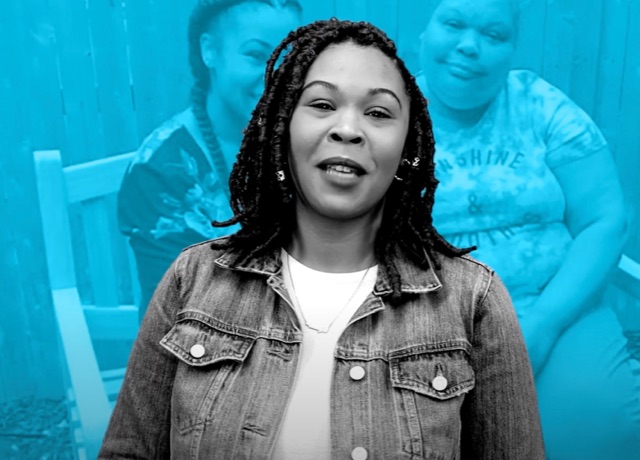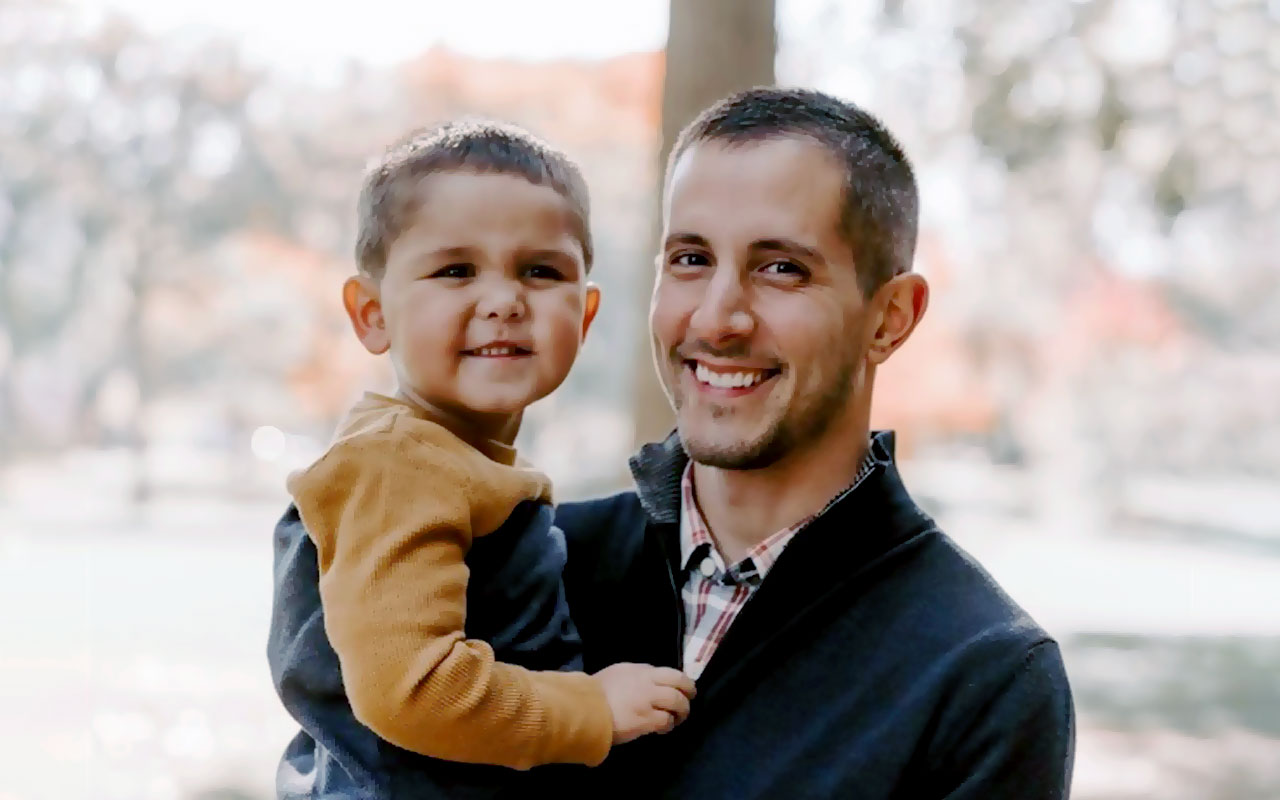Helping you take care
As a caregiver, you want your loved one to enjoy the best life possible. You deserve that too. Let’s make it a little easier with help available through BCBSRI and in the community.

Taking care of yourself
Making time for your well-being can be challenging. But it’s so important for you and your loved one.

Taking care of your loved one
With all of your responsibilities, you may not have time to look for help. Now you can find it in one place.
Extra help—at no extra cost
If you or your loved one is a BCBSRI member, you can get help from our Care Management team of nurses, dietitians, behavioral health specialists, and pharmacists.1 Call 1-844-563-0892 (TTY/TTD: 711) or email care@bcbsri.org.
Make the most of your BCBSRI plan
- Your Blue StoreSM
Stop by to get help in person or take a free class. - Doctors Online
Have a video visit with a doctor or therapist.2 - Certified Safe Zones
Find healthcare facilities with affirming, inclusive care. - A Parent’s Guide to Mental Healthcare in RI
Make it easier to find the care your child needs. - Blue365®3
Get discounts on wellness products and services. - Take 5 for You
Spend five minutes making a difference in your health.
Healthy living
Find tips and tools for healthy living in your BCBSRI member publication.
1Care Management is not available for Plan 65 members. If your primary care provider is part of a patient-centered medical home (PCMH), a BCBSRI Care Manager will refer you to the Care Manager at your PCMH. Care Management at your PCMH is offered at no additional cost through your BCBSRI plan.
2Not available with all plans. Doctors Online is a telemedicine service provided by American Well®, an independent company that administers Doctors Online on behalf of BCBSRI.
3© 2000‐ Blue Cross and Blue Shield Association (BCBSA) – All Rights Reserved. The Blue365 program is made available by BCBSRI in conjunction with the BCBSA. The BCBSA is an association of independent, locally operated Blue Cross and Blue Shield Plans. Blue365® offers access to savings on items that members may purchase directly from independent vendors, which are different from items that are covered under the policies with BCBSRI, its contracts with Medicare, or any other applicable federal healthcare program. The products and services described herein are neither offered nor guaranteed under BCBSRI’s contract with the Medicare program. In addition, they are not subject to the Medicare appeals process. Any disputes regarding these products and services may be subject to BCBSRI’s grievance process. BCBSA may receive payments from Blue365 vendors. Neither BCBSA nor BCBSRI recommends, endorses, warrants, or guarantees any specific vendor, product, or service available under or through the Blue365 Program.



